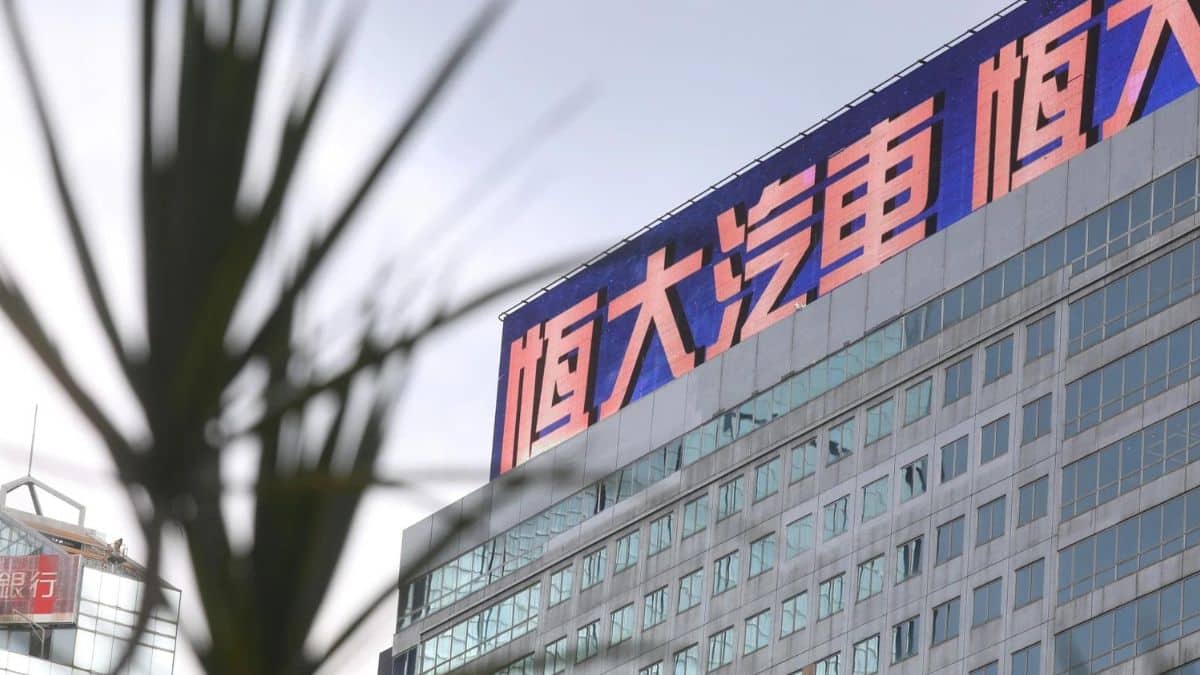In a bold move that highlights the financial challenges facing developers of China, a multistorey luxury residential building in Hong Kong’s upscale Repulse Bay neighbourhood has been offered as collateral for a loan, even before construction is completed.
The property in question, a sumptuous and luxurious development featuring Roman columns and panoramic views of the South China Sea, is part of 39 South Bay Road. The loan was reportedly secured by Luk Sin-fong, former vice-chairwoman of the distressed Chinese developer Agile Group Holdings, and wife of Chen Zhoulin, the chairman of Agile Group.
While the loan amount remains unknown, sources familiar with the matter reveal that Luk Sin-fong, the former vice-chairwoman was seeking a facility of around HK$500 million (U.S.$64 million). This substantial sum corresponds with the price she paid for the Repulse Bay land plot back in the year 2011, noting the second-highest price per square foot ever paid in the city at HK$38,500 (U.S.$4,900).
The move to use an unfinished property as collateral emphasizes the financial strain on Agile Group, which is based in Guangzhou, Guangdong’s provincial city. It took out a two-year, HK$894 million in June of 2022 at an interest rate of around 20% per year as a part of the plan to shorten a debt load that amounted to at least 59.49 billion yuan (U.S.$8.3 billion) at the time. The essential gap between the current bank lending rate of at least 5.88% and the 20% rate analyzes the need of the borrowers who find themselves short of liquidity at such a time duration when the public capital markets are inert and stagnant and also the banks are cautious regarding the lending.
Agile Group, like some other Chinese developers, has been borrowing against its Hong Kong properties to navigate financial difficulties. With the interest rates, falling valuations of properties, and the slow recovery of the local economy, a rising number of distressed developers and rich families in Hong Kong are turning to the private market despite the high interest costs. This resulted in the private credit asset class in Asia-Pacific reaching around U.S.$81.3 billion in the year 2022, including Hong Kong and also mainland China. Further, it is expected to surpass at least U.S. $ 100 billion by the year 2027, according to Preqin.
Shrinking transactions and decreasing prices have led to the difficulty of finding buyers, particularly for properties that deteriorated by foreclosures. Since November of last year, a mansion on The Peak, worth U.S.$192 million linked to Hui Ka-yan, a top China Evergrande Group executive, has been on the block. Ryan Chung, the head of Principal investment at the Hong Kong-based broker, Huatai International, asserted, “Private credit in the real estate sector will continue to grow because banks are retreating.”
As Hong Kong grapples with the economic fallout of global uncertainties and the major challenges facing the real estate sector, the use of an incomplete luxury property as collateral adds a layer of complexity to the financial landscape.

